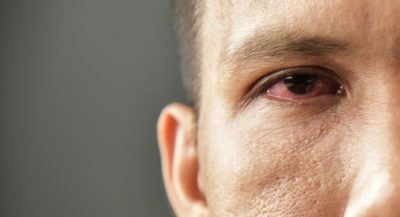In a digital age where access to explicit content is at the fingertips of teenagers, the risk of developing a porn dependence has become an increasingly prevalent issue. This emerging challenge in adolescent development impacts their emotional and psychological health and their perception of relationships and self-image. Professional therapy plays a pivotal role to address and stop porn addiction among teens. This article explores the various dimensions through which therapy can be instrumental in guiding teens away from potential addiction and towards healthier habits and understandings.
1. Establishing a Safe Space for Discussion:
One of the primary roles of professional therapy in tackling porn dependence among teens is creating a safe, non-judgmental environment for open discussion. Teenagers often find it challenging to talk about their struggles with porn due to shame or fear of judgment. Therapists provide a confidential space where teens can express their concerns, fears, and questions about their experiences and feelings towards porn without fear of stigma or reprimand.
2. Addressing Underlying Issues:
Professional therapy delves deeper into the root causes of porn dependence. Therapists work to identify underlying issues such as low self-esteem, anxiety, depression, or social isolation that may be contributing to a teen’s reliance on pornographic material. By addressing these foundational problems, therapy can help reduce the need to seek refuge or escape in porn, promoting healthier coping mechanisms.
3. Educating About Realistic Expectations:
A critical aspect of therapy in this context is educating teens about the unrealistic nature of pornography. It often portrays a distorted view of sex and relationships, which can lead to unhealthy and unrealistic expectations. Therapists can guide teens in understanding the difference between real-life relationships and those depicted in porn, helping them develop a healthier and more realistic perspective on intimacy and human connections.
4. Developing Healthy Coping Strategies:
Professional therapy aids in developing alternative, healthier coping strategies for emotions and stress. Teens often turn to pornography as an escape from stress, loneliness, or other emotional challenges. Therapists work with them to identify healthier activities and hobbies, such as sports, arts, or social engagements, which can provide more constructive outlets for their emotions and energies.
5. Enhancing Communication Skills:
Therapists also focus on improving teens’ communication skills, especially around difficult topics like sex and relationships. Improved communication can lead to better interactions with parents, peers, and potential partners, reducing the likelihood of turning to porn as a source of information or comfort. This enhanced skill set is crucial for building strong, healthy relationships based on mutual faith and understanding.
6. Building Support Networks:
Finally, therapy encourages the building of supportive networks. This includes family, friends, and sometimes peer support groups. Having a strong support system can significantly reduce feelings of isolation or misunderstanding, which are often catalysts for pornography dependence. This network serves as a sounding board and a source of guidance, making teens less likely to seek solace in unhealthy habits.
Conclusion:
The role of professional therapy to stop porn addiction among teenagers is multifaceted and indispensable. It provides a safe space for open discussion, addresses underlying issues, educates about the realities versus the fiction of porn, develops healthier coping strategies, enhances communication skills, and builds supportive networks. These therapeutic interventions are vital in guiding teens towards a path of healthy development, free from the potentially harmful effects of porn dependence. As society continues to grapple with the digital age’s challenges, the role of therapy becomes ever more critical in safeguarding the well-being and healthy development of the younger generation.










